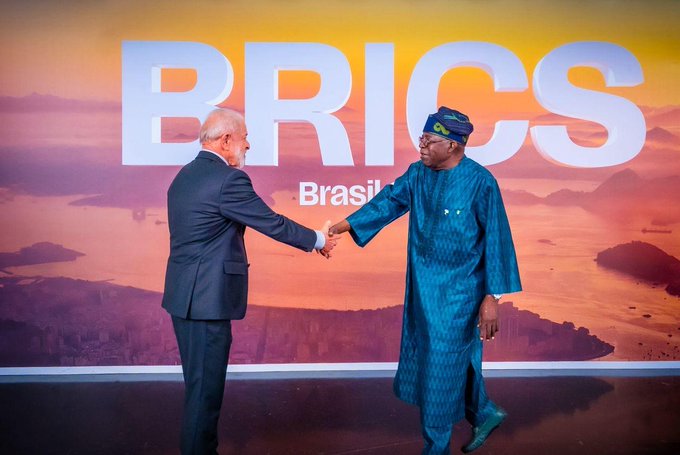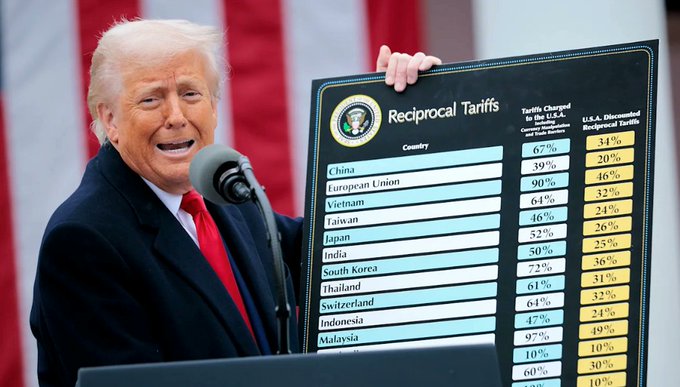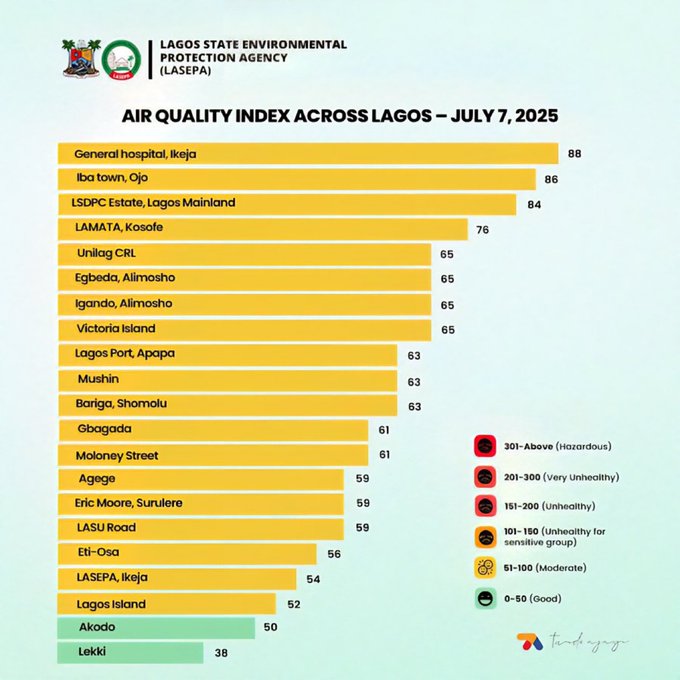In a move that’s rattling global trade circles, U.S. President Donald Trump has announced that Nigeria will face an additional 10% tariff for aligning with what he called the “anti-American policies of BRICS.” The declaration was made via his Truth Social platform on Sunday, July 7, 2025, as BRICS leaders gathered in Rio de Janeiro, Brazil, for their 17th summit2.
Trump’s statement read:
“Any country aligning itself with the anti-American policies of BRICS will be charged an ADDITIONAL 10% tariff. There will be no exceptions to this policy.”

Nigeria was admitted as a partner country of BRICS in January 2025, joining others like Belarus, Cuba, and Kazakhstan. While not a full member, Nigeria’s participation in BRICS initiatives has grown under President Bola Tinubu, who is currently attending the summit2.
What This Means for Nigeria:
- Trade Impact: Over 90% of Nigeria’s exports to the U.S. are oil and petroleum products. Experts warn that the new tariff could reduce competitiveness and strain foreign exchange inflows.
- Economic Concerns: Nigeria’s economy is still recovering from inflation spikes and subsidy reforms. A tariff hike could complicate recovery efforts and undermine export diversification.
- Diplomatic Tightrope: Analysts urge Nigeria to navigate the situation diplomatically, balancing its BRICS engagement with its longstanding ties to the U.S.2.
BRICS leaders responded with a joint statement condemning “unjustified unilateral protectionist measures” and warning that such tariffs could destabilize global trade.
As the August 1 tariff implementation date looms, Nigeria faces a critical decision: double down on South-South cooperation or recalibrate to avoid U.S. retaliation.





